TRANS2: TRANSition to a robust hinterland TRANSport
Background and reason
How do we make water transport from our ports to the hinterland climate-resilient? This was investigated in the TRANS2 project, initiated and coordinated by Deltares. TRANS2 stands for “TRANSition towards a climate-resilient and sustainable Rotterdam hinterland TRANSport.” and is a so-called TKI project (Top Consortium for Knowledge and Innovation), established to stimulate innovation from the ten top sectors in the Netherlands.
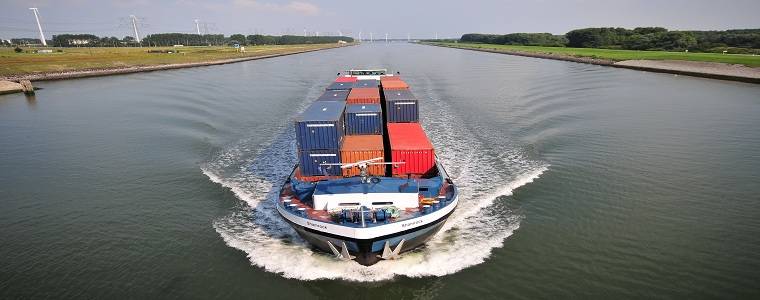
Approach
At the heart of the TRANS2 initiative lies a System Dynamics (SD) model developed by Copernicos. This model doesn’t just simulate the transport system—it reveals how interconnected factors such as drought, ship capacity, transport prices, and traffic congestion dynamically influence each other over time. Unlike static tools, the SD model allows stakeholders to run “what-if” scenarios and uncover unintended consequences, system bottlenecks, and leverage points for strategic decisions. It’s not just a tool—it’s a thinking framework that makes complexity visible and manageable.
Insights
The model helped quantify how drought impacts the supply chain in four major ways: reduced navigability, vessel shortages, terminal congestion, and uneconomical transport prices. Through simulation, eight adaptation strategies were tested—ranging from adjusting ship dimensions to enhancing port capacity. The most robust strategies, according to the model, are those that maintain vessel loading capacity and keep fleet size steady during droughts. These two levers were shown to prevent cascading failures in the system, proving crucial for resilience.
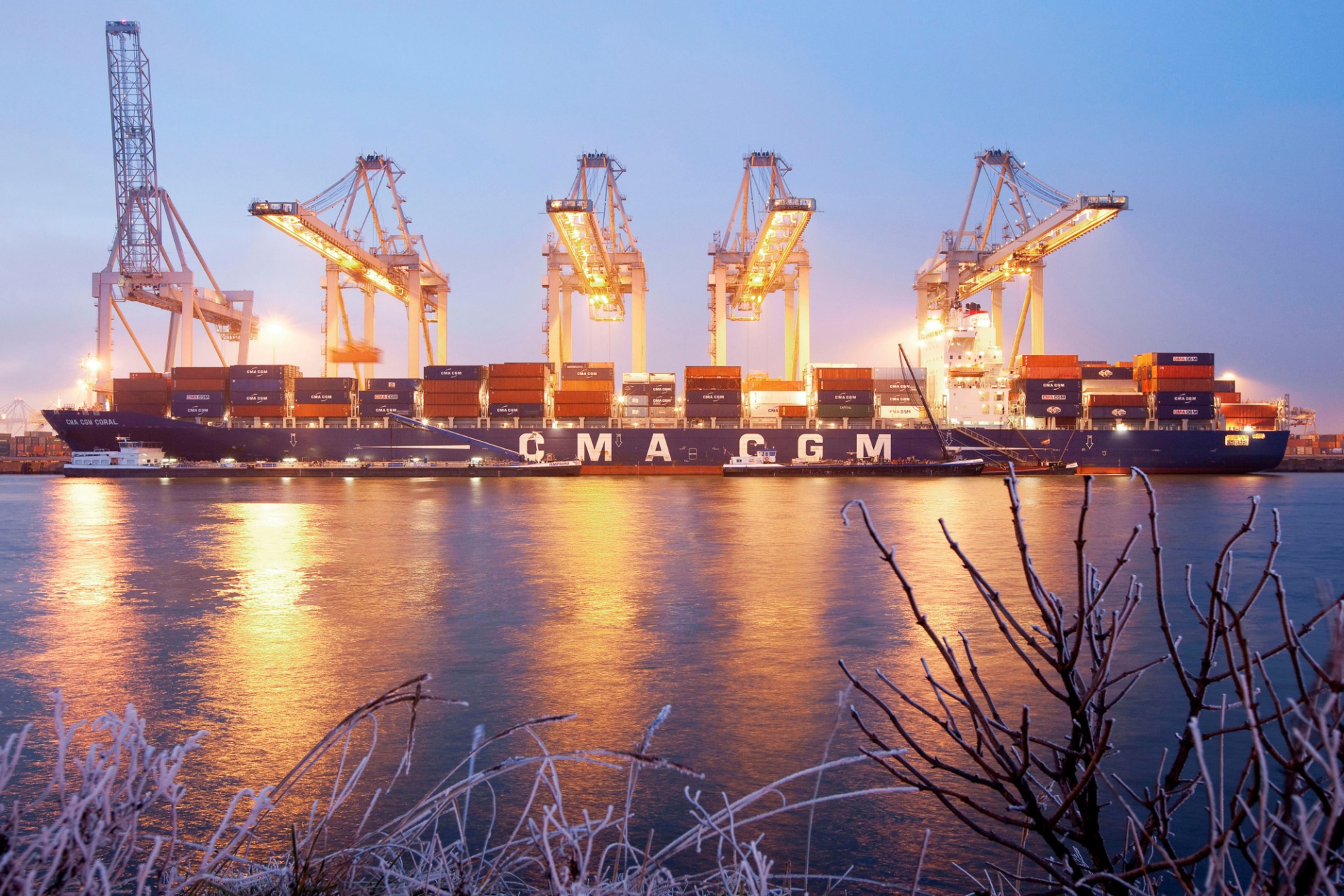
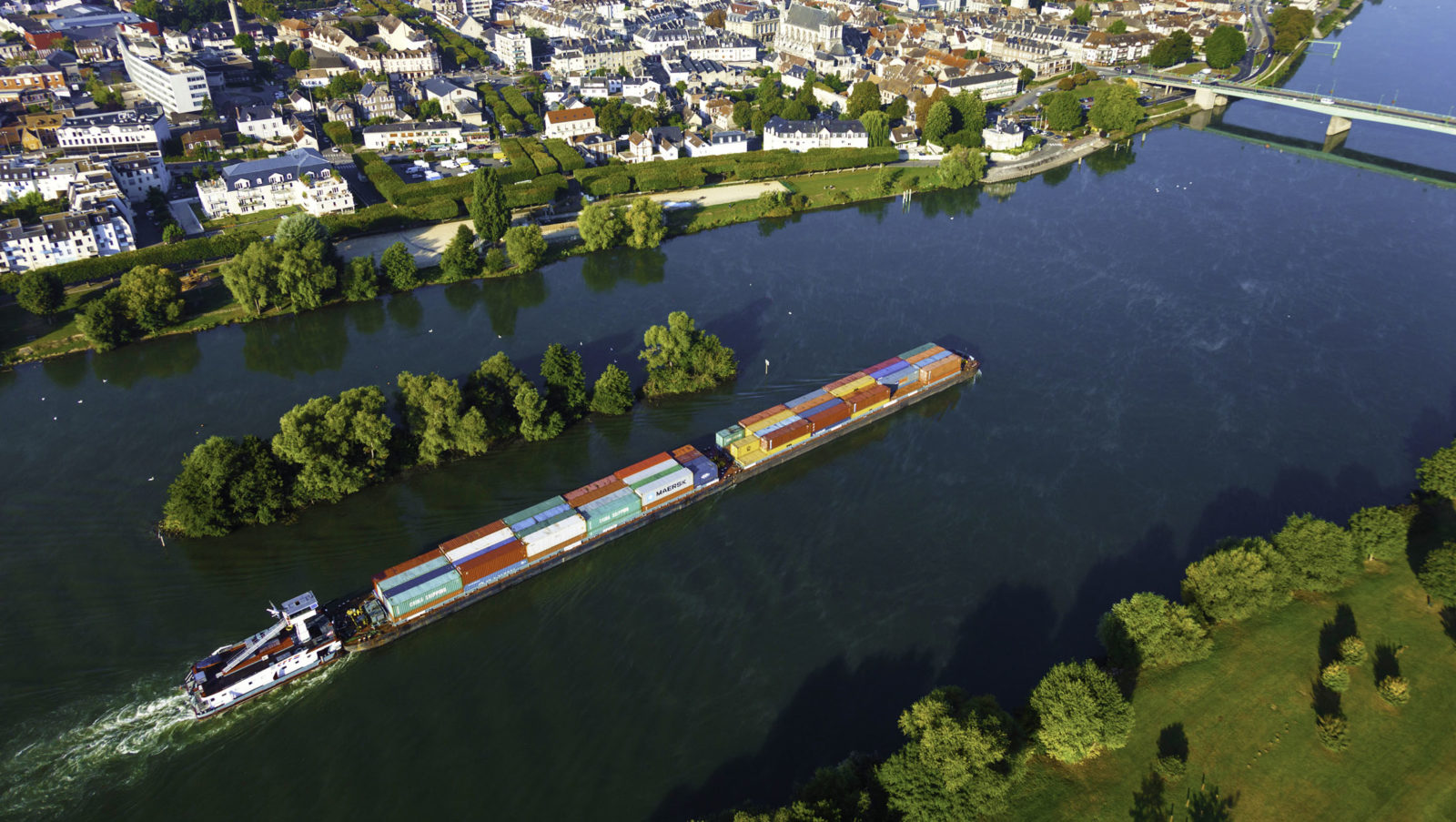
Results
What makes this model powerful is, besides its insights on relevant quantified KPI’s, its ability to foster dialogue and learning among stakeholders. Built transparently (“white box” modeling), it invites exploration and co-creation. A public-facing dashboard based on the model allows anyone to test the impact of policies themselves (available below). In doing so, the model becomes more than a research tool—it becomes a shared language for planning a resilient, future-proof inland shipping system.


ALSO INTERESTING
other projects
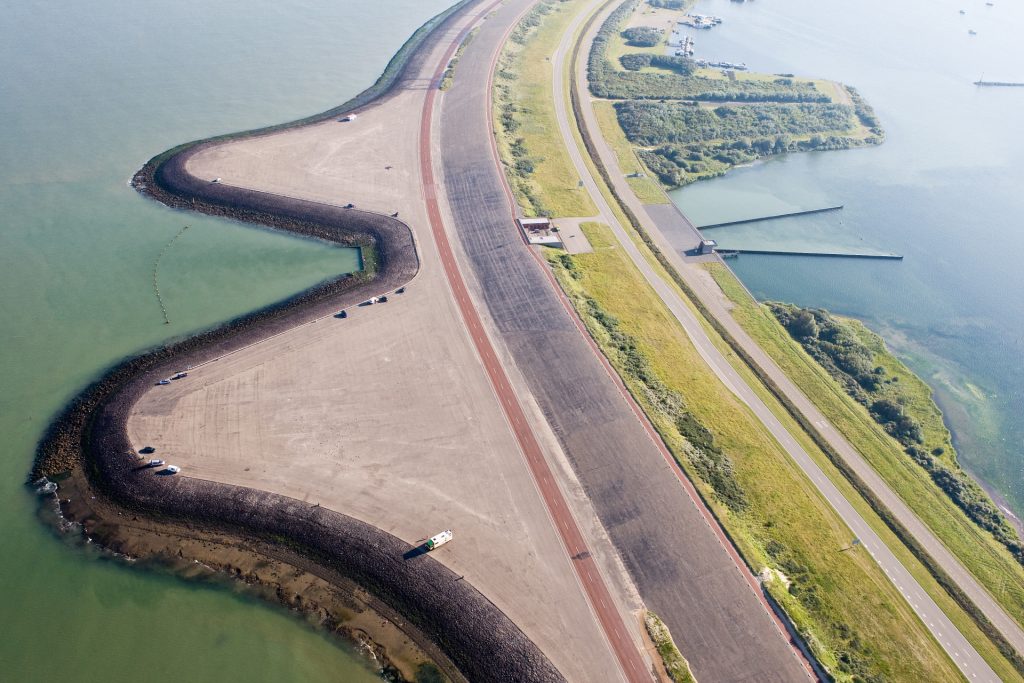
Department of Waterways and Public Works
Due to a sharp decline in water quality in the lake Grevelingen, the need arose for a permeable flood defence: the conversion of the currently closed Brouwersdam.
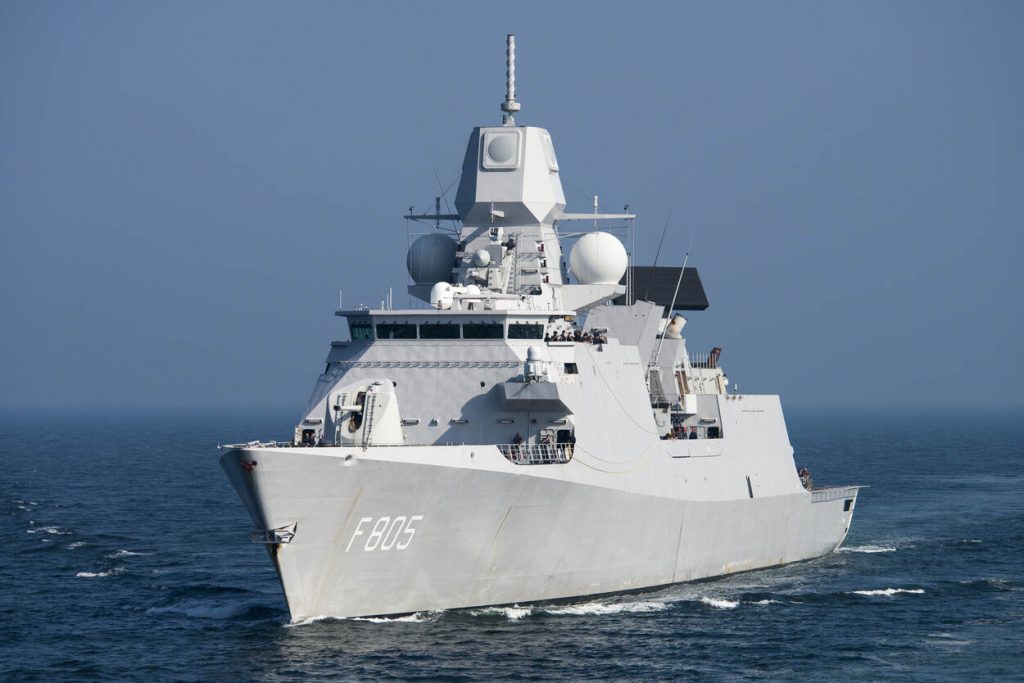
Ministry of Defence
Defense equipment is technically complex, high demands are made on performance and both the investment and operating costs of this equipment are high. Defense operations always take place in a highly dynamic environment.
